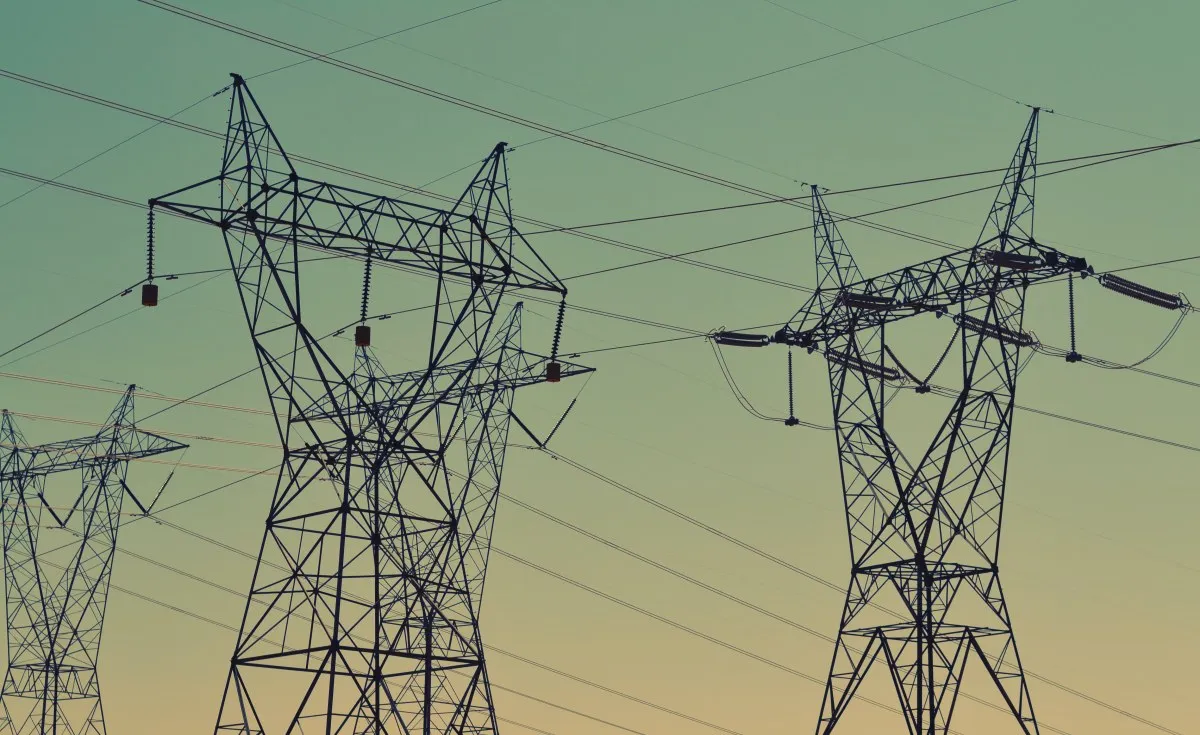Africa's Economy: Competition in South Africa's Electricity Market Sparks Significant Changes

Challenges in South Africa's Energy Sector
South Africa's economy has been marred by an electricity crisis since 2008, characterized by intermittent rolling blackouts and heightened non-payment culture. The state-owned utility, Eskom, has faced continuous criticisms regarding its inability to meet energy demands. The new law intends to promote competition in the electricity market, potentially fostering greater efficiency and reliable service.
Implications for Businesses and Consumers
This law will not only affect the economy but also influence business operations and energy costs for consumers. Companies must now prepare for potential challenges amidst this transition, which presents both risks and opportunities. Businesses that adapt to the changing landscape could find advantageous positions in the new energy ecosystem.
The Road Ahead for South Africa
The future of the electricity sector in Africa hinges on effective implementation of this law. Stakeholders must engage to strengthen the sector while addressing fundamental issues such as investment and regulatory frameworks. Continuous vigilance will be crucial to navigating the evolving landscape of South Africa’s energy market.
This article was prepared using information from open sources in accordance with the principles of Ethical Policy. The editorial team is not responsible for absolute accuracy, as it relies on data from the sources referenced.